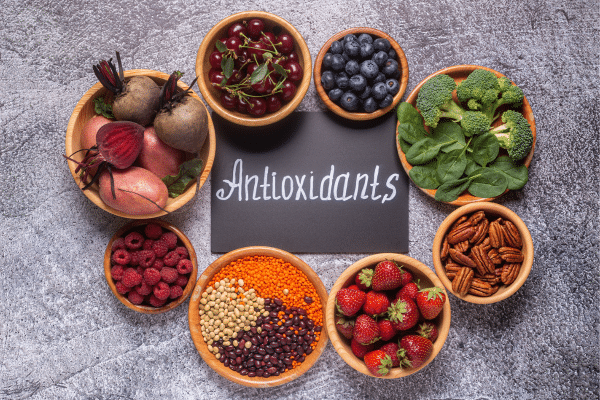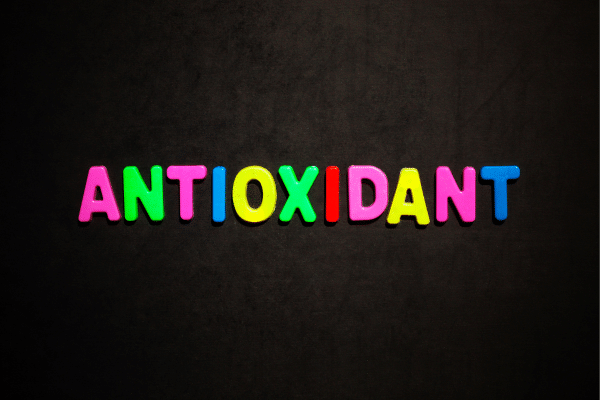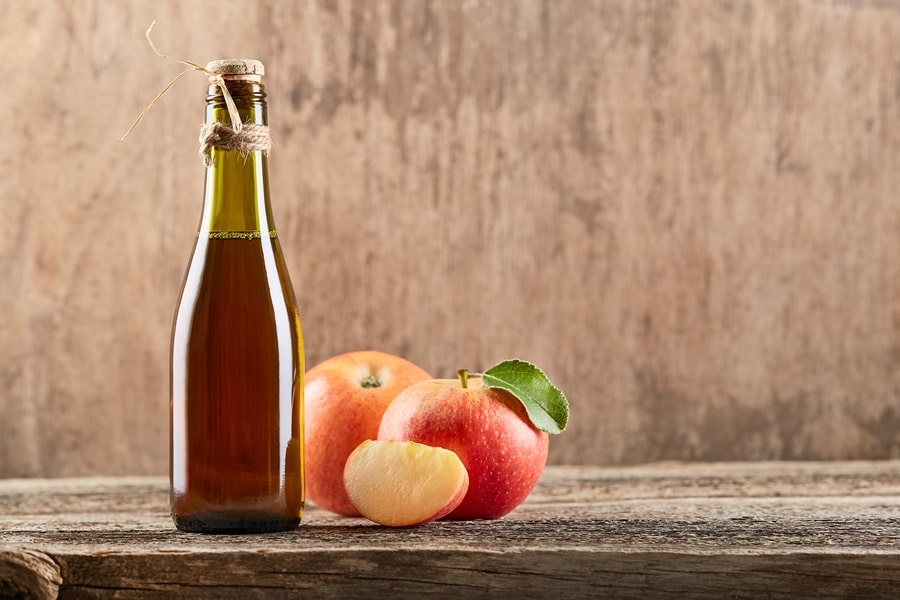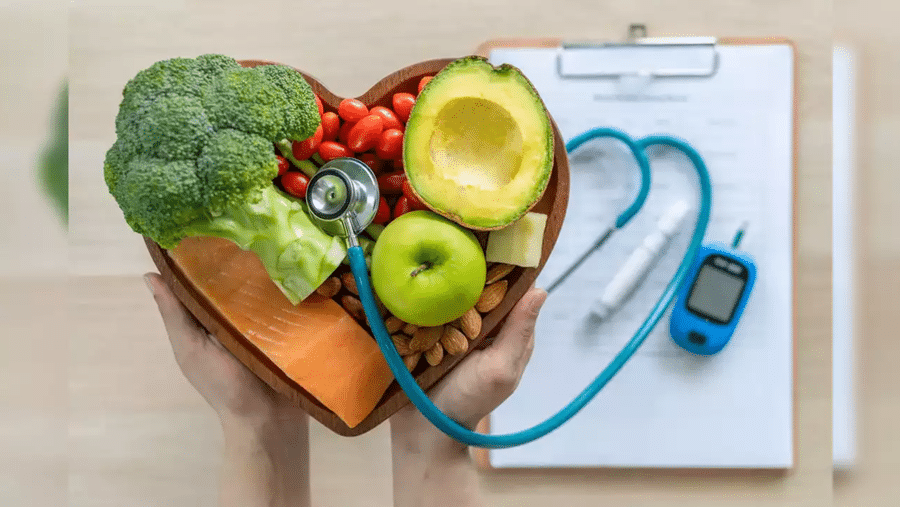Antioxidants are vital compounds in the human body, playing a crucial role in maintaining health and preventing disease. They are known for their ability to neutralize harmful free radicals, which can lead to cell damage and contribute to various chronic diseases. This blog post delves into the essentials of antioxidants, exploring their sources, benefits, and the scientific research backing their importance. The discussion extends to addressing common myths and balancing antioxidant intake, providing a comprehensive understanding of these powerful substances.
Contents
Understanding Antioxidants: The Basics

Antioxidants are molecules capable of slowing or preventing the oxidation of other molecules, thereby protecting cells from damage. Oxidation is a chemical reaction that can produce free radicals, leading to chain reactions that may damage cells. Antioxidants such as vitamins C and E, and flavonoids, intervene in these reactions. They are found in various foods and are integral in maintaining health by preventing cellular damage, which is a precursor to numerous health issues.
The primary role of antioxidants in the body revolves around combating oxidative stress, a condition resulting from an imbalance between free radicals and antioxidants. Oxidative stress is linked to aging, heart disease, and a host of other health problems. By neutralizing free radicals, antioxidants help maintain the body’s balance and protect against the cellular damage that can lead to chronic diseases. This fundamental role underscores the importance of antioxidants in a healthy diet.
Sources Of Antioxidants: Where To Find Them

Antioxidants are abundantly found in fruits, vegetables, nuts, and whole grains. Foods particularly rich in these compounds include berries, green leafy vegetables, and citrus fruits, which are high in vitamins C and E, as well as flavonoids and carotenoids. These natural sources provide a broad spectrum of antioxidants that contribute to overall health. Additionally, herbs and spices like turmeric and cinnamon are excellent sources, often overlooked in discussions about antioxidant-rich foods.
Beyond natural food sources, antioxidants are also available in supplemental forms, such as tablets and powders. While these can be beneficial, especially for individuals with specific dietary restrictions, it is generally advised to prioritize getting antioxidants from a balanced diet. Natural food sources offer a complex mix of nutrients that work synergistically, which is often lacking in supplements. Hence, focusing on a diet rich in a variety of fruits and vegetables is key to ensuring adequate antioxidant intake.
Antioxidants And Health: The Benefits

Antioxidants are key players in maintaining skin health. They protect skin from sun damage and help repair it, thanks to compounds like beta-carotene, vitamins C and E. These antioxidants also contribute to a more robust immune system, fortifying the body’s defense against infections. Regular intake of antioxidants is associated with improved skin appearance and enhanced immune response, as supported by various studies.
In addition to skin and immune health, antioxidants aid in maintaining cognitive function. By protecting brain cells from oxidative damage, they may help in reducing the risk of cognitive decline. Foods rich in antioxidants, like berries and leafy greens, are believed to support better memory and overall brain health. This highlights the importance of antioxidants in a balanced diet for maintaining various aspects of health.
Antioxidants In Disease Prevention

The role of antioxidants in disease prevention has been a subject of extensive research. Studies have shown that antioxidants can play a role in reducing the risk of certain cancers by protecting cells from DNA damage. Additionally, antioxidants are known to be beneficial in preventing eye diseases, such as cataracts and age-related macular degeneration, by protecting the delicate tissues of the eyes from oxidative stress.
Beyond cancer and eye health, antioxidants are also important in brain health. They are believed to slow the progression of neurodegenerative diseases like Alzheimer’s and Parkinson’s by protecting brain cells from damage. This protective role highlights the broader implications of antioxidants in various aspects of health and disease prevention, underscoring their importance in a balanced diet.
Myths And Misconceptions About Antioxidants

There are several myths and misconceptions surrounding antioxidants that need clarification. One common myth is that more antioxidants equate to better health. However, it is crucial to understand that balance is key; excessive intake, especially in supplement form, can be counterproductive. Another misconception is that antioxidants can completely reverse the aging process or cure diseases. While they contribute to health and may reduce the risk of some conditions, they are not a panacea for all health issues.
Another misconception is that all antioxidants are the same and provide identical benefits. In reality, different antioxidants function in diverse ways and are effective against specific types of free radicals. For example, vitamin E is particularly effective in protecting cell membranes, while vitamin C is crucial for maintaining skin health. Therefore, a varied diet is essential to obtain a range of antioxidants, each contributing uniquely to health.
Balancing Antioxidant Intake: Dos And Don’ts

To achieve a balanced antioxidant intake, it is advisable to focus on a varied diet rich in fruits, vegetables, whole grains, and nuts. These foods provide a broad spectrum of antioxidants and other nutrients that work together for optimal health. It is also important to be cautious of high-dose antioxidant supplements, as they can sometimes interfere with the body’s natural balance and potentially lead to health issues.
Additionally, it is essential to consider the preparation and cooking methods of food, as they can affect the antioxidant content. For example, overcooking vegetables can lead to a significant loss of antioxidants. Incorporating raw or lightly cooked fruits and vegetables into meals ensures maximum retention of these beneficial compounds. Overall, a balanced approach that emphasizes a variety of whole foods is the best strategy for optimizing antioxidant intake.
The Bottom Line
Antioxidants are a crucial component of a healthy diet, offering a range of benefits from disease prevention to general well-being. While the allure of these compounds is strong, it is important to approach their consumption with balance and understanding. By focusing on a diet rich in a variety of natural sources of antioxidants and being cautious of over-reliance on supplements, individuals can harness the benefits of these powerful compounds effectively. As research continues to evolve, the role of antioxidants in health and disease will become even more central, offering new insights and recommendations for optimal health.


